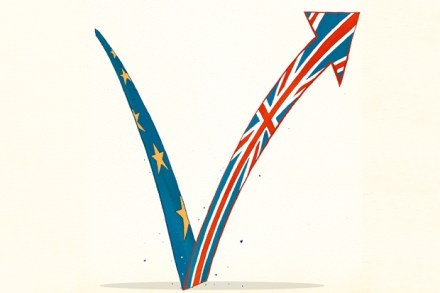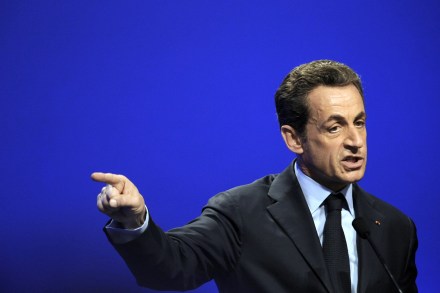Hong Kong offers an exciting vision of a post-Brexit future
Since he moved to Hong Kong three years ago, the Rat’s Cantonese has been coming on apace. This has rather less to do with his language skills — never that much in evidence on his school reports — than it does with the fact that my stepson works in what is still, despite the mainland Chinese’s best efforts, one of the most aggressively free-market cultures in the world. ‘It’s like this,’ Rat explained, when the Fawn and I visited earlier this year. ‘If you want to get a cab somewhere urgent in the morning and you can’t speak good enough Cantonese then basically you’re stuffed. The drivers just swear at
















